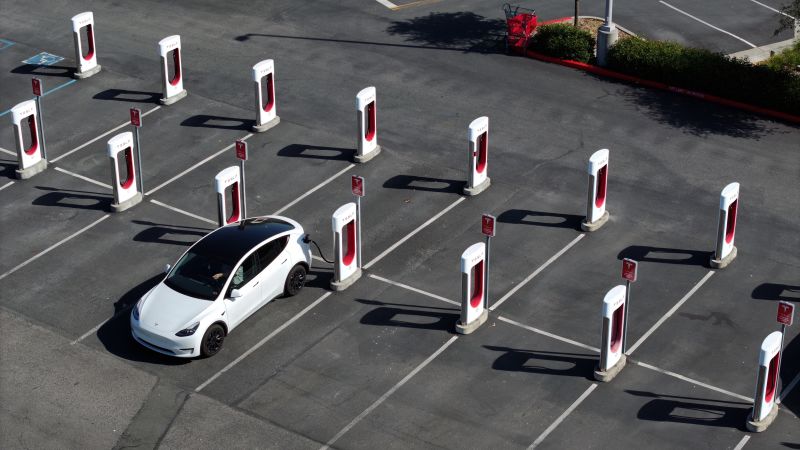
In recent news, Elon Musk, the CEO of Tesla, made a surprising decision to lay off the entire Supercharger team responsible for expanding Tesla's charging network in the United States. This move has left many wondering about the future of America's EV charging buildout and its potential impact on electric vehicle (EV) sales growth for both Tesla and non-Tesla manufacturers.
Tesla, a major partner in the NEVI initiative, had received $7.5 billion in federal EV charging grants to build out its Supercharger network by 2030. Automakers like GM, Ford, Kia, Polestar, Stellantis, Honda and others have signed up to access Tesla's North American Charging Standard (NACS) plug in their future vehicles.
The sudden layoffs have left automaker partners surprised and uncertain about their plans. K.C. Boyce, vice president of mobility and energy practices at market research firm Escalent, believes that Tesla's decision to pause its Supercharger buildout will put a damper on EV sales growth for both Tesla and non-Tesla manufacturers.
However, Peter Ramsay, a former energy analyst at Argus and BP, argues that Musk's move to limit spending in charging was actually a smart move as the charging business is still a 'fairly insignificant' part of Tesla's small services division that barely makes any money.
Tesla's decision to curtail the growth of its Supercharger network opens up opportunities for other companies to potentially take on version 2.0 of the charging industry.


/cdn.vox-cdn.com/uploads/chorus_asset/file/23382326/VRG_Illo_STK022_K_Radtke_Musk_Tesla.jpg)